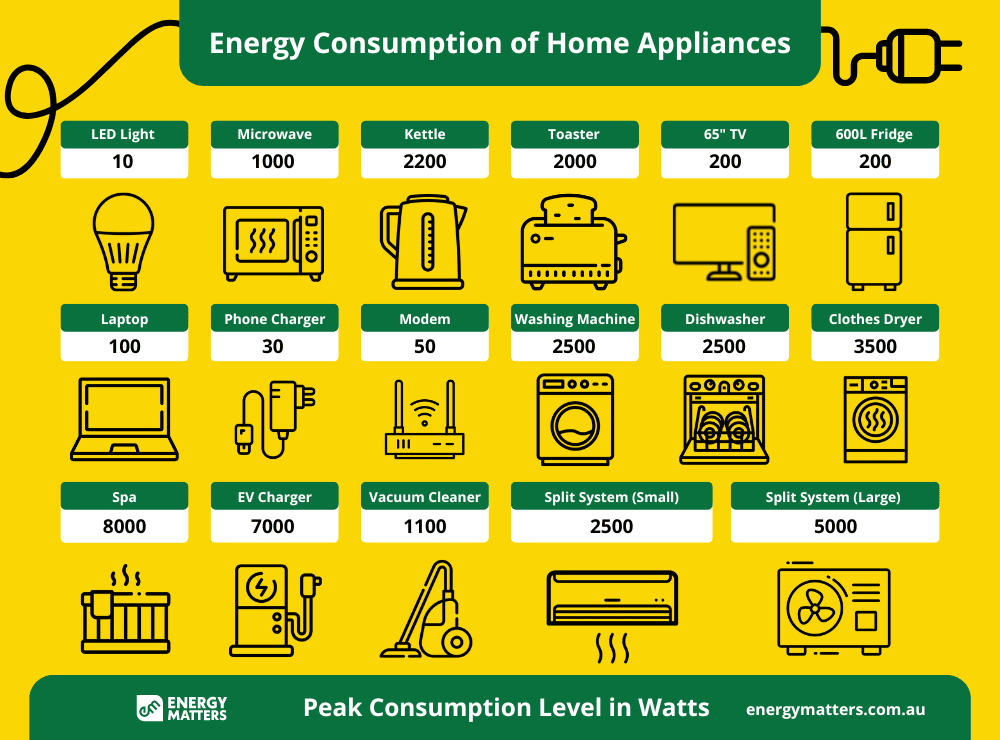Every Australian home and business has experienced a blackout. Whether it be a planned outage due to work in the area or an unplanned blackout due to bushfires, storms, or other events. When the power goes out, the little things we take for granted are suddenly thrown into chaos. No power means no TV, refrigeration, air conditioning, charging of devices, or even cooking – for those without gas. Extended power outages can be intolerable and even life-threatening for some.
Backup generators have historically been prohibitive for most. They’re expensive, noisy, limited to what they can connect to, and require fuel to run. Solar batteries have been an accessible alternative and require no manual action to run when needed. However, not all solar systems and batteries are the same. The battery you invest in should be able to be replenished by your solar panels while the sun shines and the grid is down. Let’s take a look at batteries that provide blackout protection. This blog covers grid-connected systems only, which are different to off-grid systems.
Will my battery work during a blackout?
What happens to the electricity generated by your solar panels when the grid goes down will depend on your system set-up. Here are the most common residential solar and battery setups:
Solar battery with no blackout protection
While rare, there are batteries that will not function the moment the power goes out. These batteries only serve to provide power during cloudy days and at night when the grid is functioning. These batteries may be AC or DC-coupled. Again, these batteries are usually not offered for sale or installation.
Solar battery storage during blackout: non-replenishable
During a blackout, some batteries can be used until they are empty. Once the battery is depleted, it can not be recharged by the solar panels until the grid goes back online.
Solar battery storage during a blackout: replenished by solar panels
Some batteries with blackout protection can operate during a blackout. Electricity generated by your solar panels will replenish the battery.
If you have a 3-phase home with a single-phase inverter and single-phase battery, only the portion of the home connected to the battery will be operable during a blackout. There are some 3-phase batteries, along with 3-phase inverters, that will provide power to the whole home. It is important to discuss your options with your installer if you have 3-phases.
Not all batteries have blackout protection. However, leaps in battery technology, and the evolving needs of Australians, have affected the batteries available in Australia. You would be hard-pressed to find a solar retailer that would sell and install a battery without blackout protection.
How long will my battery last during a blackout?
This question is much the same as ‘How long is a piece of string’ as there are countless variables to consider. Here are some factors that will impact the use of your solar battery during a blackout event:
- The size of the battery: The greater the storage capacity, the longer the battery will run.
- How your battery is connected to your home: When your battery is installed, the installer can split essential and non-essential circuitry. This means that the battery can send electricity to just essential loads during a blackout.
- What you are using during the blackout: If you turn the kettle on regularly then you can expect that your battery will drain quickly. During outages, batteries should be used to keep some lights on, recharge some devices, and keep your fridge running. Outside of this, you risk depleting your battery very quickly.
Calculating battery storage usage
Every battery is different. In general, a battery will have a maximum concurrent output capacity of 5kW. This means that the combined total electricity sourced from the battery at any one time can be a max of 5kW. To determine how long your battery may last we can use a simple formula.
Let’s assume you have an LED bulb that uses 10W an hour.
10W x 7 hours of usage = 70W used. This is 0.07kWh
Your battery will have a maximum usable storage capacity. If your battery is 7kWh then you could run that 10W LED bulb, alone, for 100 hours.
A standard fridge will use 200W per hour. This means that you could run the fridge, alone, for 35 hours.
A kettle will use approximately 2.2kW an hour. While you obviously would not be running a kettle for an hour, the 5 minutes it takes to boil will use approximately 180W.
Below is a guide on how much electricity an appliance will use on average. Using the formula above, calculate the combined usage and this will give you a rough idea of how long your battery will last.

What batteries work during a blackout?
Now that we know that not all batteries are the same, let’s look at the batteries that DO offer blackout protection.
Enphase IQ Battery 5P 5.0 kWh

- Load control: Use the Enphase app to intelligently switch off appliances that are non-essential and send power to the ones that are.
- Low-voltage DC: Low-risk DC battery
- 15-year limited warranty: Up to 6,000 cycles
GoodWe Lynx Home U Series 5.4-32.4 kWh

- Emergency power: 8ms switch to emergency power when the grid fails
- Low-voltage DC: Low-risk DC battery
- 10 year warranty
sonnenBatterie Evo 10kWh

- Black Start function: ‘Wakes’ up an AC-coupled PV system even when the grid is down.
Backup power: 5kW continuous and 7kW surge capacity - 10 year warranty
LAVO Storage S4 13.3kWh

- Adaptive: self-power, backup, and load-shifting modes.
- 15 year warranty
- Easy installation: modular and stacked design.
Sungrow High Voltage LFP Battery

- Support 3–8 modules per unit, max. 4 units in parallel, 9–100 kWh capacity range
- Up to 100% usable energy
Tesla Powerwall 2 13.5kWh

- Support 3–8 modules per unit, max. 4 units in parallel, 9–100 kWh capacity range
- Up to 100% usable energy
How can I ensure that my battery has blackout protection?
The best advice we can give is to discuss your needs with your installer. Advise the installer that you:
- Want a battery that will be replenished by your solar panels during a blackout
- Would like your battery to either power ONLY essential appliances during a blackout OR provide whole-home backup
If you are installing a new solar system with a battery, discuss your options regarding a hybrid inverter vs a normal inverter.
The bottom line
Whether you have a solar system already or will be looking to purchase one, we highly recommend considering a battery. Blackouts can be more than just a minor inconvenience, which is what many Victorians found out last week. Being able to keep the lights on, charge your devices, and maintain the essentials, is a vital step in energy independence.
Energy Matters provides FREE quotes for solar and batteries from reputable and local solar installers. We connect you with the professionals who will assess your needs and provide a solution. Completely free of obligation, this service is provided to give Aussies the easiest path to energy freedom.
Click the button below to begin!














































